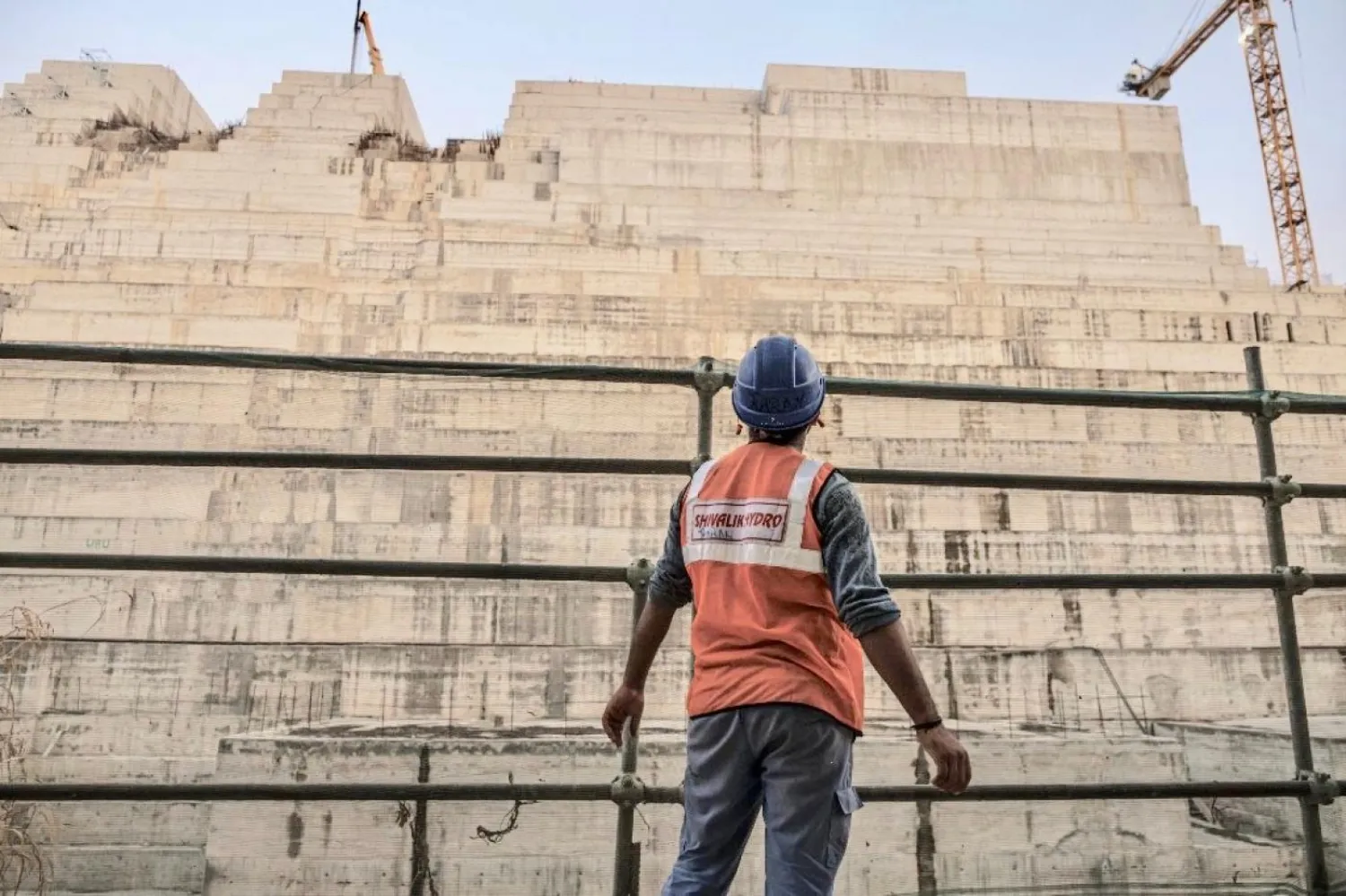Sudan has determined all scenarios in dealing with the current Grand Ethiopian Renaissance Dam (GERD) crisis, noting that it has considered all possible options to protect its security in accordance with international laws.
Egypt, Ethiopia, and Sudan concluded their meetings in Congo, the current president of the African Union (AU), to re-launch stalled negotiations with no progress due to persisting differences.
In a statement, the Sudanese delegation said that Ethiopia had persistently rejected all alternative options and compromises presented by Sudan to grant a role to international partners including the UN, the AU, the EU, and the US in facilitating negotiation and mediation.
Sudan’s Minister of Irrigation, Yasser Abbas, said that the meeting failed to reach an agreement after Ethiopia rejected all the proposals submitted by Sudan and Egypt.
Abbas revealed in a press conference in Khartoum, a proposal made by the Egyptian delegation to forgo mediators and observers provided that a legal and binding agreement is reached within eight weeks.
He accused Ethiopia of stalling the talks to buy time to complete the second filling of the dam without reaching an agreement.
During the Kinshasa meetings, Ethiopia proposed including South Africa as a mediator, and it was approved as one of the observers' countries, but Addis Ababa rejected the UN as a new party.
He indicated that Khartoum plans to escalate the situation politically in coordination with the Foreign Ministry, the government, and local authorities.
Sudan will seize one billion cubic meters in the Roseires dam as a precaution in case of water shortages, explained the Minister, adding that for the first time Sudan will preserve a third of the storage capacity of Jabal Awliya dam as a precaution in case of major shortage in water levels in July.
He insisted on enhancing the role of the African Union, asserting that unless other parties participate in the mediation, the negotiations will not yield any result.
Addis Ababa announced in 2020 that it had completed the first phase of filling the dam, achieving its target of 4.9 billion cubic meters, which allowed the testing of the first two turbines of the dam. This year, it targets filling an additional 13.5 billion cubic meters.
The dam, built in northwestern Ethiopia near the border with Sudan has been a source of tension since construction began in 2011.
Egypt and Sudan want to reach a tripartite agreement on operating the dam before the filling begins. But Ethiopia says that this process is an integral part of the construction and cannot be postponed.
On Tuesday, Ethiopia’s Minister of Water, Irrigation, and Energy Seleshi Bekele said that country has begun the process of the second filling of the dam without any planned delay.
During a press conference, Bekele expressed regret that Egypt and Sudan want the negotiations with the participation of observers other than the AU, which is based in Addis Ababa.









